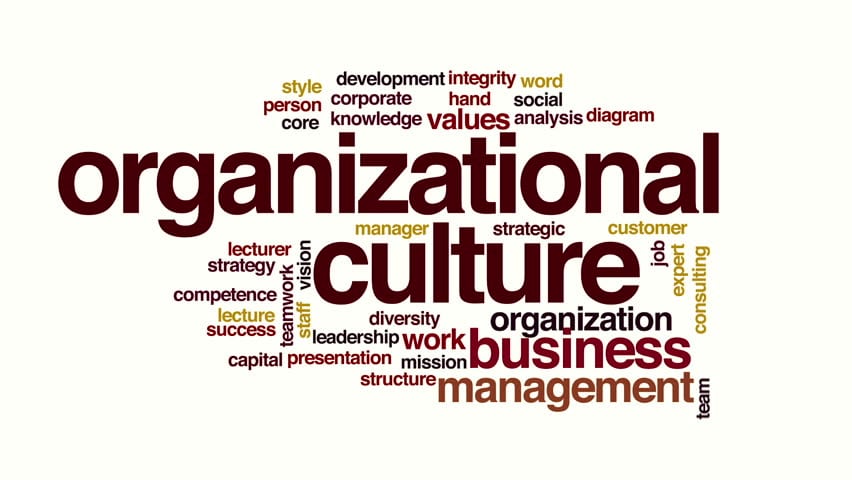Traditional training tends to focus on a relatively small group of people within any organisation. The best example of this is to provide specific training for the sales team. Logical, sure, but effective? – not always. The training understandably focuses on the skills that the team needs to master in order to improve their results. They will certainly spend time working on a series of skills and techniques that will help them get better at what they do. However, little or no time is allocated to developing the skills of their colleagues, that also help and contribute to the sales effort. Sales support staff, production teams, sales managers, customer service teams all need to “up their game” if the business as a whole needs to improve its sales results.
There may not be obvious skills that these support functions need to learn in the same way that sales people need to learn how to ask good questions, how to create interest, find needs, use features and benefits effectively and close sales. These are clear and obvious skills that experience tells us, that, once improved, will have a positive impact on results. Sometimes the support teams are included on the sales training so that they have an idea of what is involved in sales. This is not specific enough and they often find it hard to translate things to their working environment, particularly as they do not have to use these specific skills on a regular basis.
They did not join as a sales person and their role is not the same. They don’t need to learn sales skills but they do need to be aware of their role in the sales process. This is a very different challenge. To successfully improve sales, everyone – regardless of their role needs to recognise the part they play and develop their skills in line with improving wider results.
Once, when working with a high street bank, I asked the whole branch, ‘who sees themselves as a sales person?’ Out of about thirty only three put their hands up, and yet when asked ‘who comes into contact with customers on a regular basis?’ of course the response was unanimous. My argument was that if you come into contact with customers, you are part of the sales process, regardless of your role or title. The culture, in this case, the sale culture, had to change. The bank could simply not improve its revenue figures without everyone comitting to that cultural change.
Those that do not join an organisation as a sales person don’t need to be transformed into sales people and you shouldn’t ‘force’ sales upon them. Instead of trying to train skills that will have little or no impact, think about how a range of related activities could help change the culture across the whole team. From MD to reception, customer service to production, everyone has to be on board with improving sales and has to ensure their actions and behaviours reflect this. Learning and development can be used to help this but it is not about sending everyone on a sales course or a seminar. It is about creating a range of activities, exercises, and conversations that raise awareness throughout the wider team and instigate cultural change. Be creative, don’t be restricted by traditional training formats – encourage people to explore and take responsibility for their own development, use internal expertise to generate interest in sales, devise engaging videos and client testimonials showcasing your best work. There are so many great options available now!
Do please contact our MD, Bill Osmond – bill@phoenix-training.co.uk – to explore how we can help you to create a genuine sales culture at your organization.

